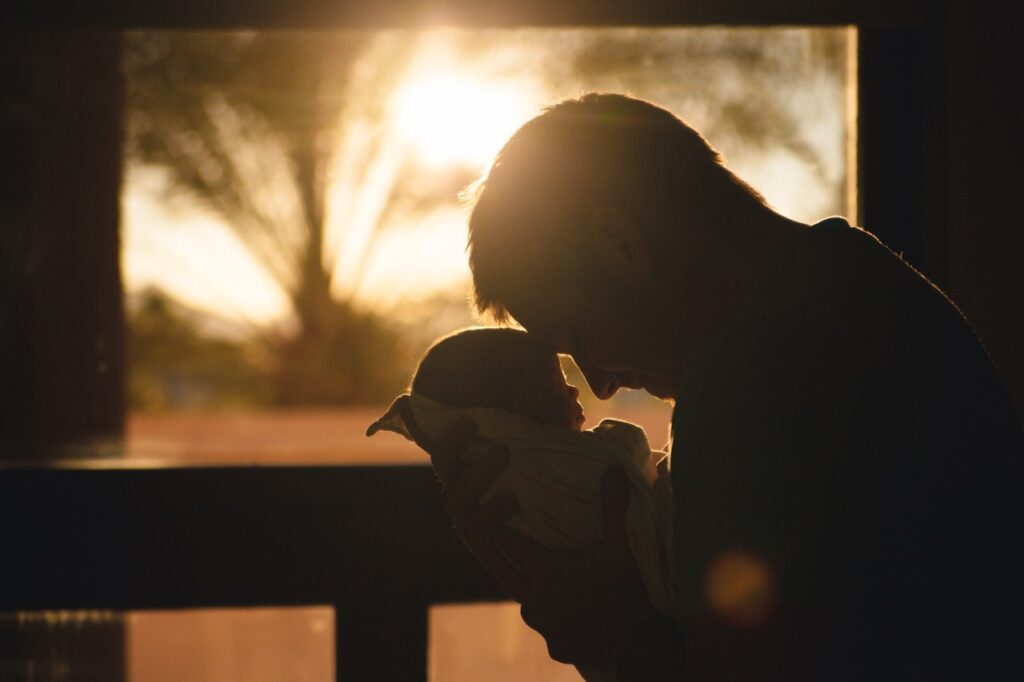
By Pamela Cruz. Pen sula 360 Press [P360P]
By Grant H. Brenner
Pregnancy and the time following the birth of a child is for many a time of joy and great expectations, but there can also be stress and anxiety, not only in women, since according to studies, up to 25 percent of men also suffer from postpartum depression and anxiety.
And postpartum depression and anxiety have been better studied in women than in men, as Dennis, Marini, Dol, Vigod, Grigoriadis and Brown point out in a recent research published on the m ico portal Depression and Anxiety, in which they investigate paternal postpartum difficulties.
The study details that there are variable rates of paternal postpartum problems, with depression ranging from 8.1 percent at 18 months shortly after delivery, increasing to 25 percent in the first 6 months, and falling again toward the end of the first year.
Meanwhile, anxiety rates range from 2.0 to 18.0 percent, and risk factors include a paternal history of mental illness, maternal postpartum problems, financial stress, and newborn health problems.
The research included 2,500 parents, with data collected between 2015 and 2019, with 75 percent completing surveys during both years of the study.
Questionnaires were sent every three months during the first year, and then twice a year during the second year to develop a longitudinal view.
Measures included potential risk factors such as demographic, pregnancy-related, psychological, substance/alcohol use problems, parental adversity in childhood, perceived relationship quality and support with partners, and factors related to parents and the infant.
Each of these six bits includes a series of relevant sub-factors; for example, in the section on
